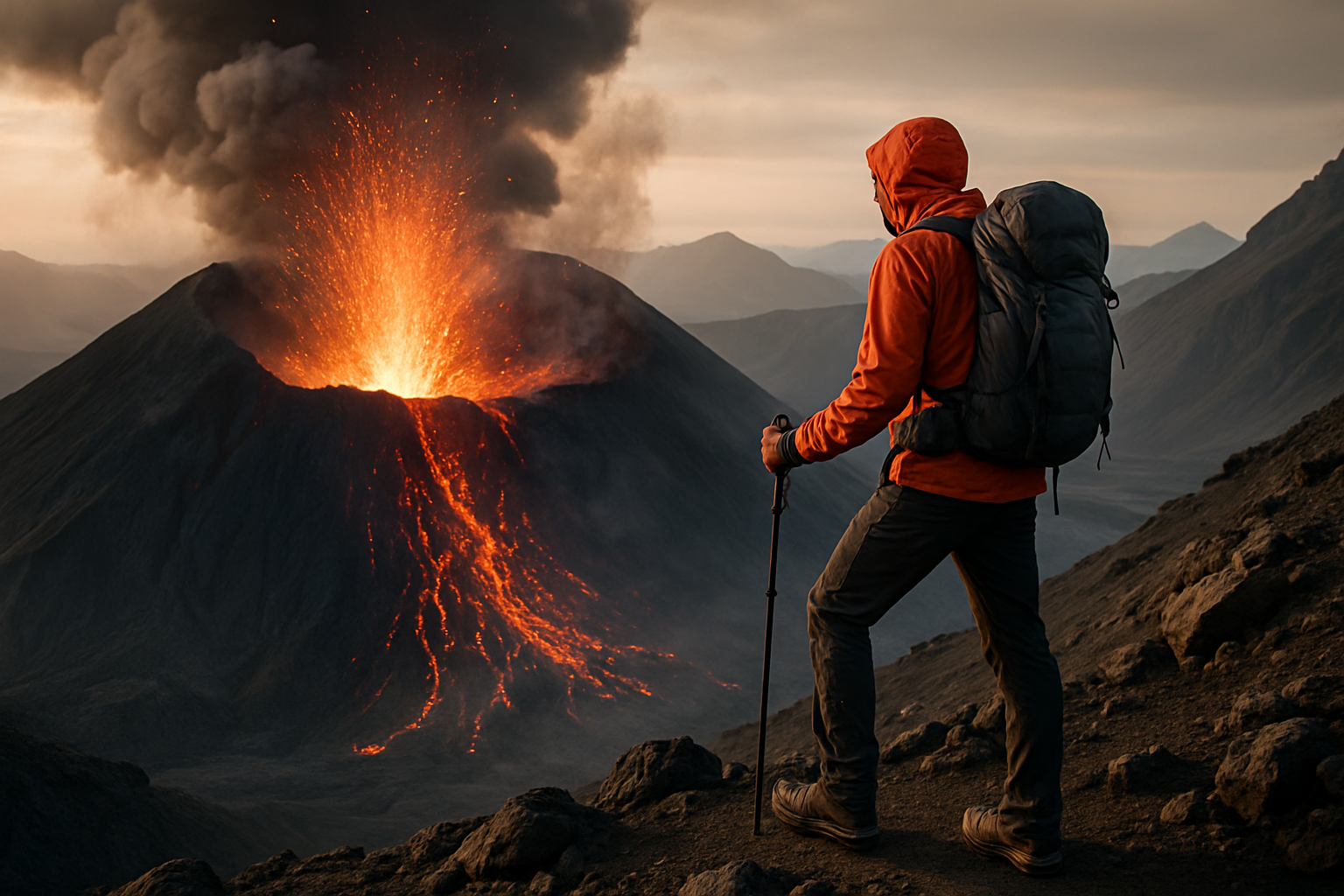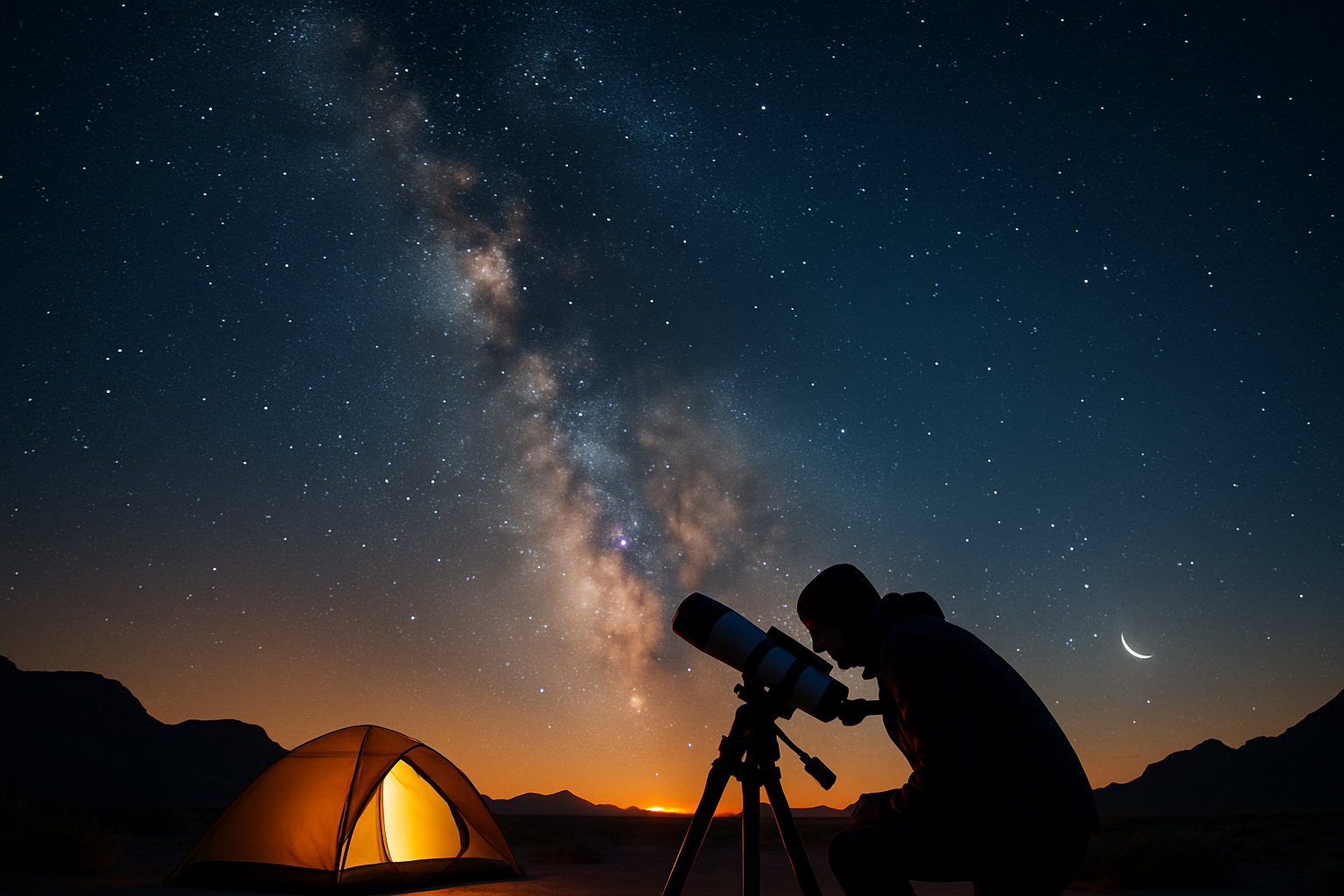Volcanic Tourism: Exploring Earth's Fiery Wonders
The allure of volcanoes has captivated human imagination for centuries. These geological marvels, with their raw power and breathtaking beauty, are now at the forefront of a growing travel trend: volcanic tourism. From dormant giants to active craters, travelers are seeking out these natural wonders for unique experiences that blend adventure, science, and awe-inspiring landscapes. This emerging niche in the travel industry offers a thrilling way to witness the Earth's dynamic processes up close.

Understanding the Appeal
The fascination with volcanoes stems from their dual nature as both destructive forces and creators of new landscapes. For many, standing at the edge of a smoldering crater or walking on still-warm lava fields provides a profound connection to the planet’s raw energy. This unique form of geotourism offers educational opportunities, allowing visitors to learn about plate tectonics, volcanic processes, and the impact of eruptions on local ecosystems and communities.
Destination Hotspots
Several destinations have emerged as leaders in volcanic tourism. Iceland, known as the Land of Fire and Ice, attracts visitors with its diverse volcanic landscape, including the famous Eyjafjallajökull. Hawaii’s volcanoes, particularly Kilauea, offer spectacular viewing opportunities of active lava flows. In Italy, Mount Etna and Mount Vesuvius combine historical significance with ongoing volcanic activity. The Pacific Ring of Fire, stretching from New Zealand to Japan and across to the Americas, provides numerous options for volcano enthusiasts.
Safety Considerations and Responsible Tourism
While the thrill of exploring active volcanoes is undeniable, safety remains paramount. Reputable tour operators work closely with volcanologists and local authorities to monitor volcanic activity and ensure visitor safety. Many popular sites have established early warning systems and evacuation protocols. Responsible volcanic tourism also emphasizes the importance of minimizing environmental impact and respecting local communities who live in the shadow of these geological giants.
The Future of Volcanic Tourism
As interest in this niche continues to grow, new opportunities and challenges emerge. Advances in technology, such as drone footage and virtual reality experiences, are making volcanoes more accessible to those unable to visit in person. However, increased tourism also raises concerns about over-visitation and the need for sustainable management practices. The future of volcanic tourism will likely involve a delicate balance between satisfying traveler curiosity and preserving these natural wonders for generations to come.
Igniting Your Volcanic Adventure: Tips and Insights
• Choose the right season: Many volcanic areas have distinct wet and dry seasons. Research the best time to visit for optimal viewing conditions.
• Invest in proper gear: Sturdy hiking boots, protective eyewear, and breathable, layered clothing are essential for volcano treks.
• Respect local customs: Many volcanoes hold cultural or spiritual significance. Be mindful of local beliefs and practices.
• Stay informed: Volcanic activity can change rapidly. Keep abreast of current conditions and heed all safety warnings.
• Capture responsibly: While photographing volcanoes, prioritize safety over the perfect shot. Respect designated viewing areas.
• Support local communities: Choose tours and accommodations that benefit the local economy and contribute to conservation efforts.
As volcanic tourism continues to evolve, it offers a unique window into the Earth’s fiery heart. This thrilling blend of natural wonder, scientific discovery, and adventure provides travelers with unforgettable experiences and a deeper appreciation for our planet’s dynamic nature. Whether witnessing the glow of lava at night or marveling at the rebirth of landscapes after an eruption, volcanic tourism ignites a passion for exploration and understanding of our ever-changing world.





